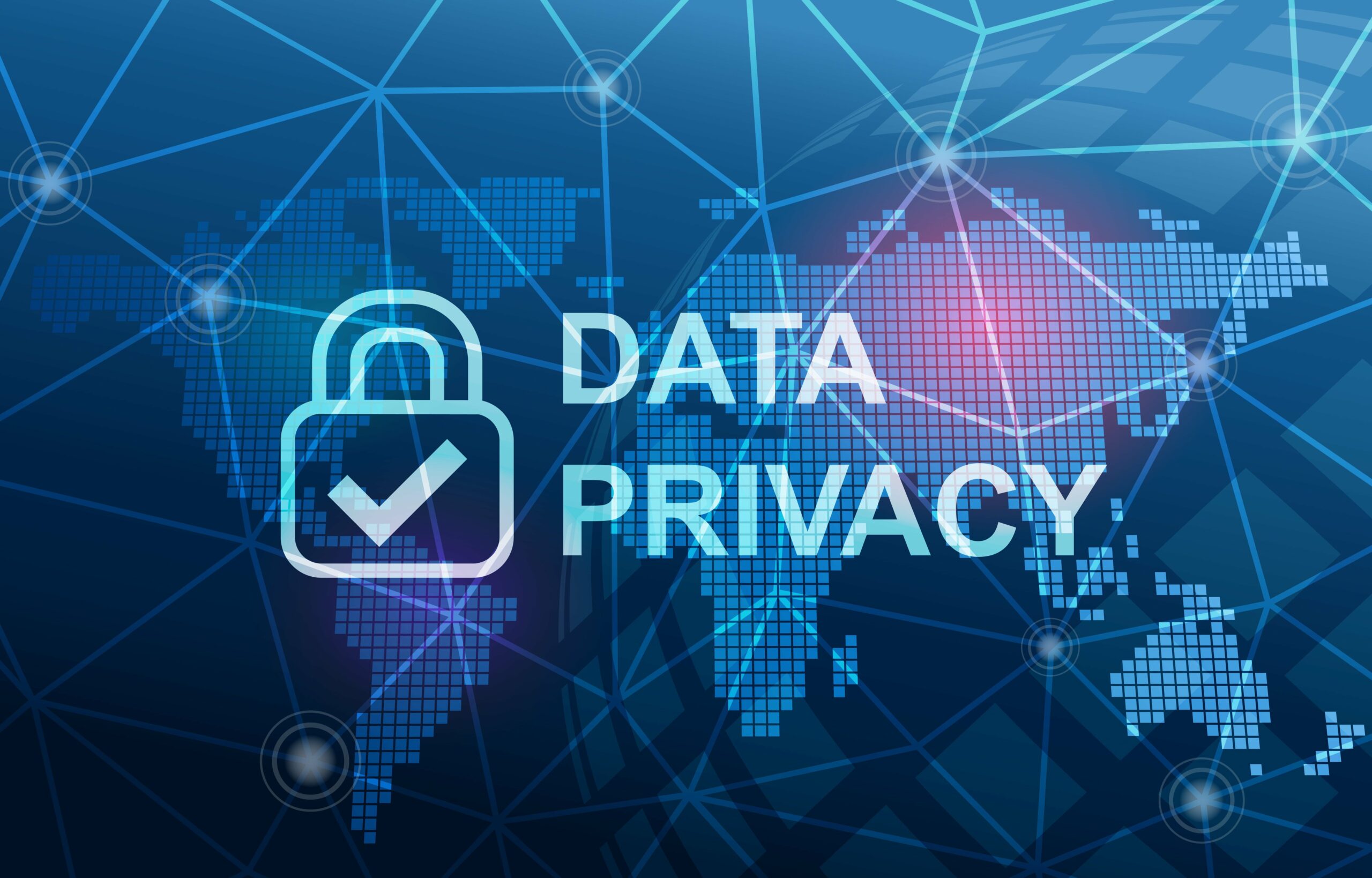Introduction
In our increasingly interconnected world, where data flows freely through the digital realm, the concept of data privacy has never been more crucial. It’s not an exaggeration to say that our lives are intimately entwined with the digital landscape, from online shopping and social media to healthcare and financial transactions. In this article, we will delve into the realm of data privacy, exploring its significance, current challenges, and the measures we can take to protect our personal information in this age of data-driven technologies.
The Significance of Data Privacy
Data privacy refers to the protection of an individual’s or organization’s sensitive information from unauthorized access, use, or disclosure. This information can range from personal details like names and addresses to financial data, medical records, and even behavioral patterns. Data privacy is a fundamental right and a critical aspect of our digital lives for several reasons:
- Personal Security: Unauthorized access to personal data can lead to identity theft, financial fraud, or even physical harm. Protecting sensitive information is essential for our own safety and well-being.
- Business Trust: In the corporate world, customer trust is paramount. Companies that mishandle customer data risk damaging their reputation and losing business.
- Legal Compliance: Data privacy laws and regulations, such as GDPR in Europe and CCPA in California, require organizations to safeguard personal information. Failure to comply can result in hefty fines.
- Data-Driven Innovation: Data fuels technological advancements, from healthcare breakthroughs to personalized shopping experiences. Ensuring data privacy enables responsible innovation.
Challenges in Data Privacy
Despite its significance, data privacy faces numerous challenges:
- Data Breaches: High-profile data breaches have become alarmingly common, exposing millions of individuals to identity theft and fraud.
- Data Monetization: Companies often collect and sell user data without users’ explicit consent, leading to privacy concerns and ethical dilemmas.
- Lack of Awareness: Many individuals are unaware of the extent to which their data is collected and shared, making informed consent difficult.
- Technological Complexity: As technology advances, so do the methods used to collect and analyze data, making it increasingly challenging to protect privacy.
Protecting Data Privacy
- Strong Passwords and Encryption: Use strong, unique passwords for online accounts and enable encryption wherever possible. Tools like password managers can help.
- Privacy Settings: Regularly review and adjust privacy settings on social media platforms, apps, and devices to limit the data you share.
- Data Minimization: Be mindful of what personal information you provide online. Only share what is necessary.
- Two-Factor Authentication (2FA): Enable 2FA for your accounts whenever possible to add an extra layer of security.
- Stay Informed: Educate yourself about data privacy laws and regulations in your region. Understand your rights and how they apply to your data.
- Support Privacy-Focused Tools: Choose products and services that prioritize data privacy and security. Look for options that offer end-to-end encryption.
- Advocate for Change: Support organizations and initiatives that promote data privacy rights and responsible data handling practices.
Conclusion
Data privacy is not a mere buzzword; it’s a fundamental human right in the digital age. Our personal information is valuable, and it’s crucial to take steps to protect it. By understanding the significance of data privacy, staying informed, and adopting privacy-conscious practices, we can navigate the digital landscape with greater security and peace of mind. In a world where data is the new currency, safeguarding our digital lives is a responsibility we should all embrace.




